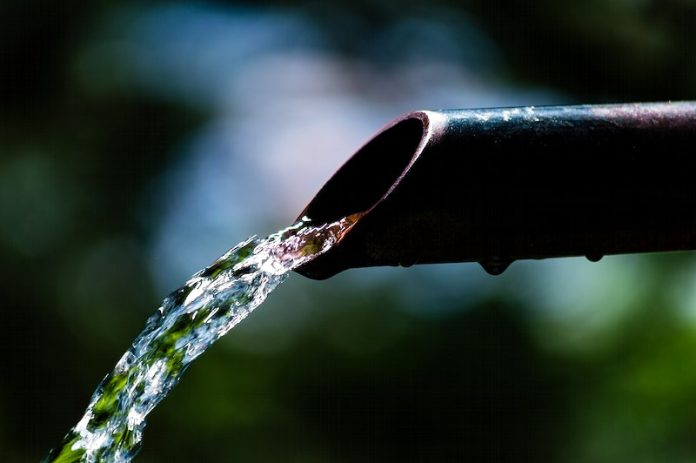Oscar Parry, South East London Socialist Party
The water companies – after more than three decades running a privatised model – apologised for failing to properly manage and invest in water, and for the scale of raw sewage discharges, which have fuelled huge public anger.
Water companies promised to triple funding in pipes, treatment works and infrastructure over the next decade to £10 billion. But all of this overdue work will be paid for by increased customer bills.
Can’t afford to pay
Nearly five million households may not be able to pay their water bills this year. With the already crippling rise in the cost of living, this is a further turn of the inflationary screw on working-class people.
In 2022, raw sewage was dumped into rivers and seas for 1.75 million hours, 825 times a day on average. Untreated sewage contains bacteria such as E.coli, and viruses like hepatitis, that can be harmful to animals and humans. A new study has shown toxic foam is floating on the surface of at least an eighth of Britain’s waterways – a direct result of wastewater and rainwater travelling along the same pipes.
English water companies have handed more than £2 billion a year on average to shareholders since they were privatised by Margaret Thatcher’s Tory government in the 1980s. They have made £72 billion profit.
It’s estimated that it will take £56 billion to overcome the major problems that have developed. So why are they not being forced to take the necessary action?
The water industry regulator Ofwat said: “Poor performance has become the norm”. But the companies have only been fined £142 million for negligence since 2015. Some of their CEOs are paid two, three or four times what they pay out in fines.
Tony Blair’s Labour government was warned about the continued dangers of water privatisation in 2002. Chris Goodall was the author of the report that was ignored by the Labour government.
Goodall has now said that it “created an entity which would prove impossible to regulate. It would prove extremely difficult to ensure that water companies invested enough in sewage control. It helps to show why the last 20 years of increasing private equity dominance of the water industry has proved so disastrous.”
But Goodall’s report was covered up by the then Labour government, and continues to be kept secret by the Tory government today.
Now the Labour Party advocates for “mandatory monitoring [of sewage facilities] and automatic fines”, and “accountability for negligent water bosses”. But not a word about renationalisation and democratic, state planning.
Working-class control
In Scotland, however, water is state-owned. Yet the figure for untreated sewage is rising, and the highest since records began. The Socialist Party argues that the only way to challenge the rampant profiteering of our major industries is to bring them under the control of the working class.
State ownership needs to be accompanied by a system of management and control by elected committees of workers’ representatives. This would mean the services and industries being planned and run in the interests of working-class people.








